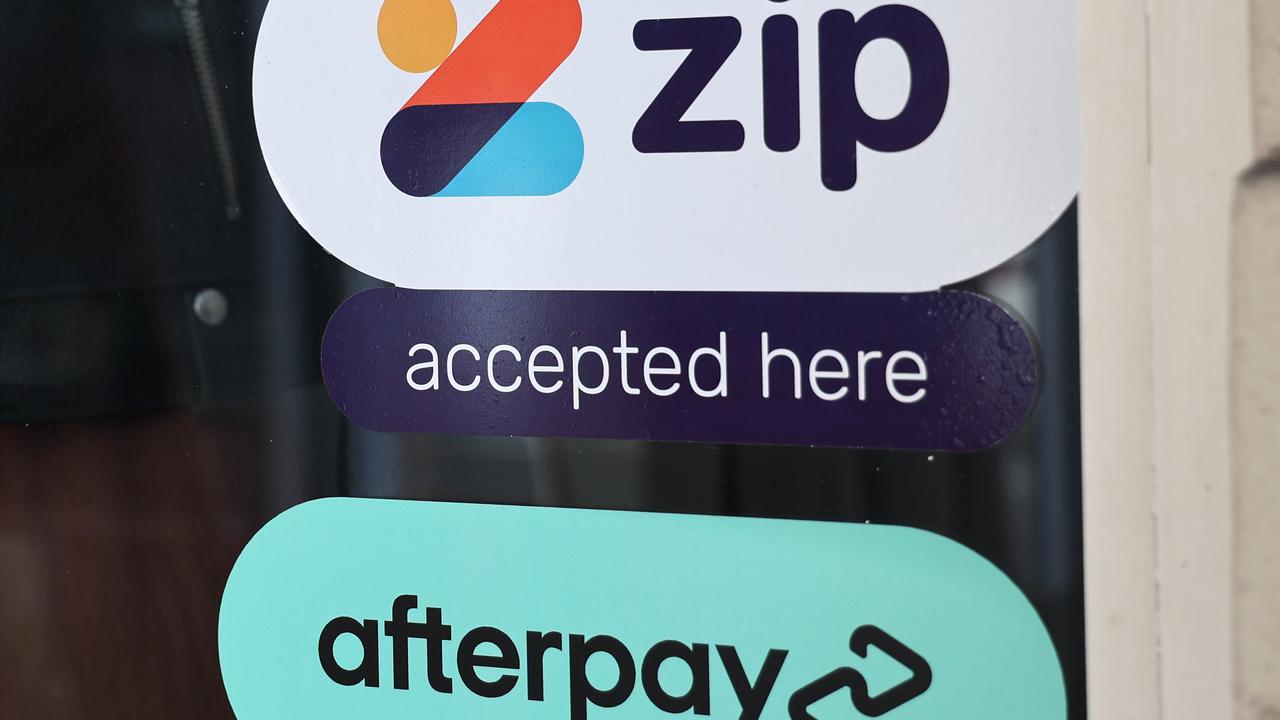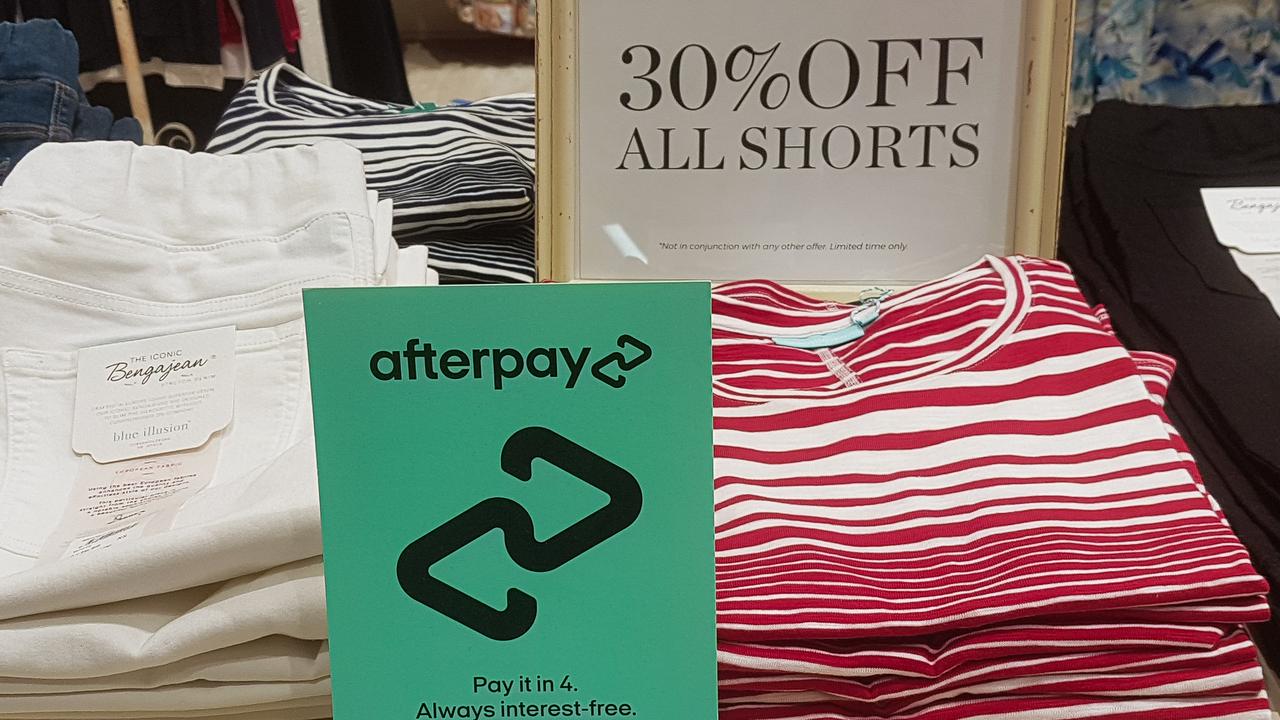RBA flags major change to buy now pay later
Buy now pay later transactions are set to become more expensive after the Reserve Bank of Australia flagged a major change to the payment option.

Buy now pay later transactions are set to become more expensive after the Reserve Bank of Australia (RBA) flagged a major change to the payment option.
In a speech to a payment industry conference yesterday, RBA governor Michele Bullock said buy now pay later services were a “specific issue” that its next review of retail payments regulation would focus on.
In particular, she said the RBA was in favour of introducing “formal regulation” to allow merchants to pass on the cost of paying with buy now pay later to customers as a surcharge, much in the same way as some merchants charge a surcharge when a customer pays by credit card.

Ms Bullock said that “businesses should be able to pass on the cost of the payment methods chosen by end users”.
“We have concluded that merchants should have the right to surcharge BNPL [buy now pay later] services, which are expensive means of payment, just as they have the right to surcharge card payments.”
She added: “The right to surcharge for payment methods provides an important incentive for payment schemes to keep their fees low.
“Formal regulation may be required to allow this.”

Currently, merchants are charged a merchant service fee of between two to eight per cent of the total of each transaction by buy now pay later providers, with the amount varying between different providers.
But what they all have in common is a clause in their merchant agreements that prohibits the merchant from passing this cost onto the consumer, which currently gives buy now pay later providers an advantage over credit card issuers.
Currently, if a merchant is charged a four per cent fee on a $100 purchase, the cost of the $4 fee is borne by the merchant, who only receives $96 for the sale.
More Coverage
Regulation allowing this cost to be passed on would mean that a consumer using buy now pay later would pay $104 for a $100 item, which will make using buy now pay later more expensive than paying by EFTPOS or using cash.
The Payment Systems (Regulation) Act 1998 is currently being amended by the government to include buy now pay later providers.
Ms Bullock said the RBA expects that reform to be in place during in 2024, following which point it will launch its next review of retail payments regulation.





